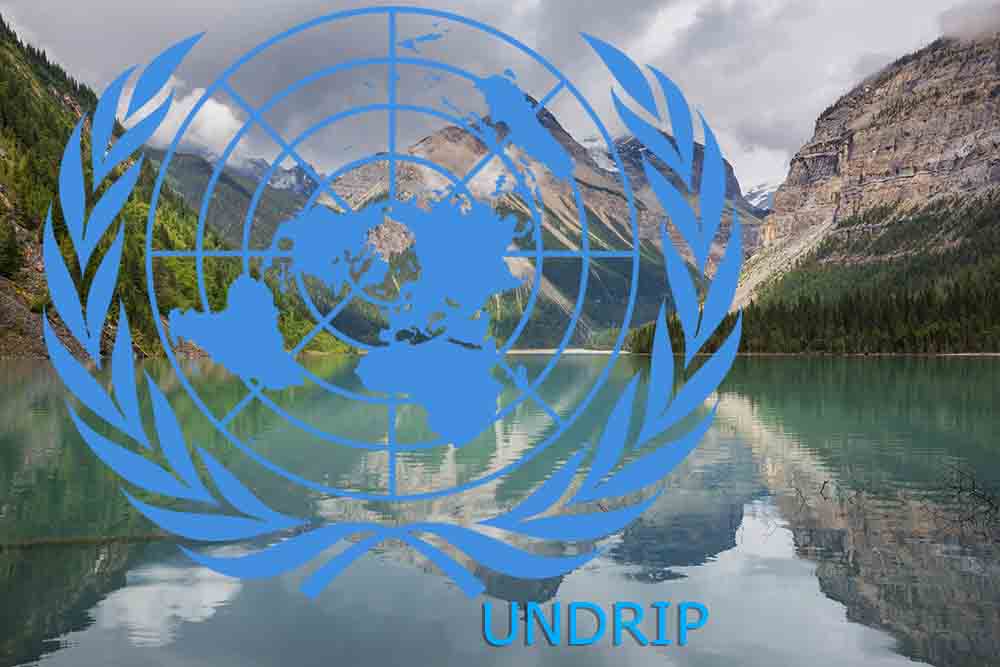Call it a Tale of Two First Nations.
One is located on the western shore of James Bay and the other is located on the eastern side.
Terry Milewski, a CBC reporter, recently summarized the difference between the Quebec Crees on the eastern Quebec side and the community of Attawapiskat, located on the west side.
The Quebec Crees, however, have negotiated a modern land claims agreement that freed them from the Indian Act and most Aboriginal Affairs oversight.
They were also able to negotiate resource revenue sharing through their agreements.
Matthew Coon Come, now the Grand Chief of the Cree of Eeyou Istchee (the Quebec Cree territory), admits that it takes time to build self-governing institutions.
Meanwhile, of course, Attawapiskat is mired in poverty, housing shortages and other social issues.
The Frontier Centre released a study in 2010 documenting similarly how the Nisga’a self-government treaty has impacted governance and services in that remote B.C. community, often in a positive direction.
The study found in similar fashion that freedom from the Indian Act has its benefits. Removing the “Indian” from the Indian Act does not immediately remove the Indian Act from the “Indian.”
In our study, the Nisga’a were compared to a control group of Tsimshian First Nations, a nearby tribe. Thse Tsimshian were chosen because they are closely related linguistically, culturally, and economically to the Nisga’a.
Both the two First Nations on either side of the James Bay and both communities in remote northwestern B.C. show that freedom from the Indian Act makes a difference.


